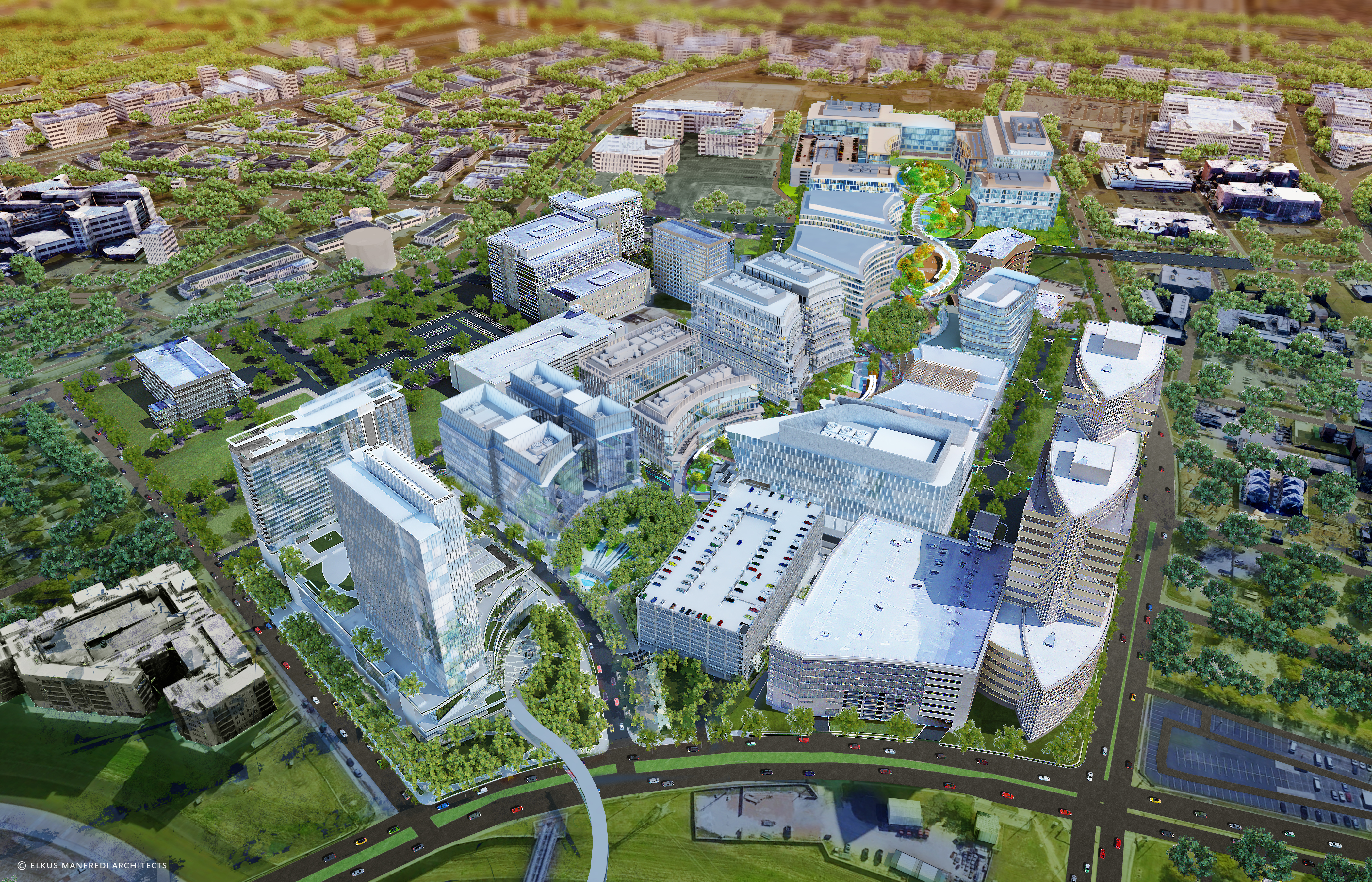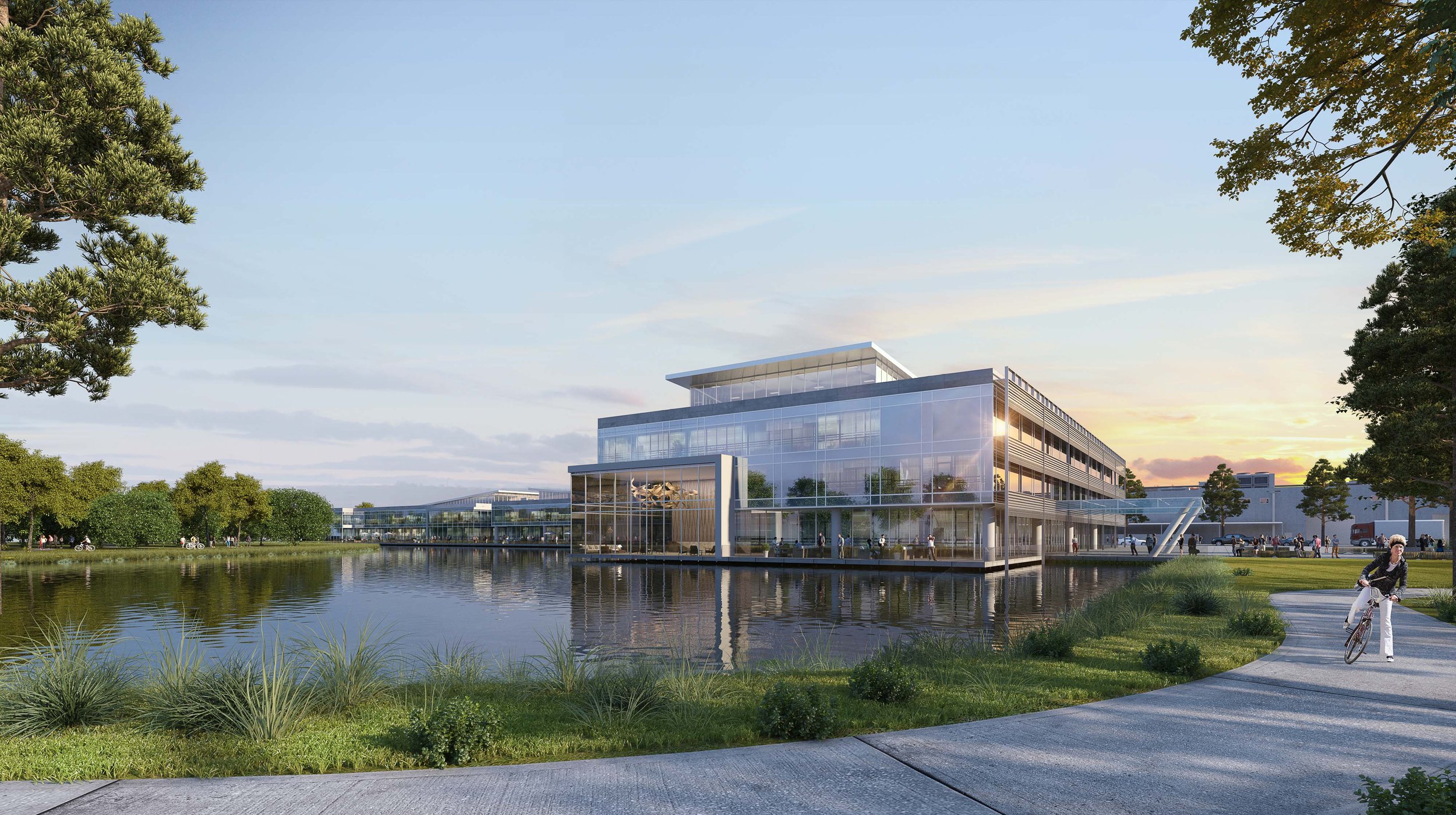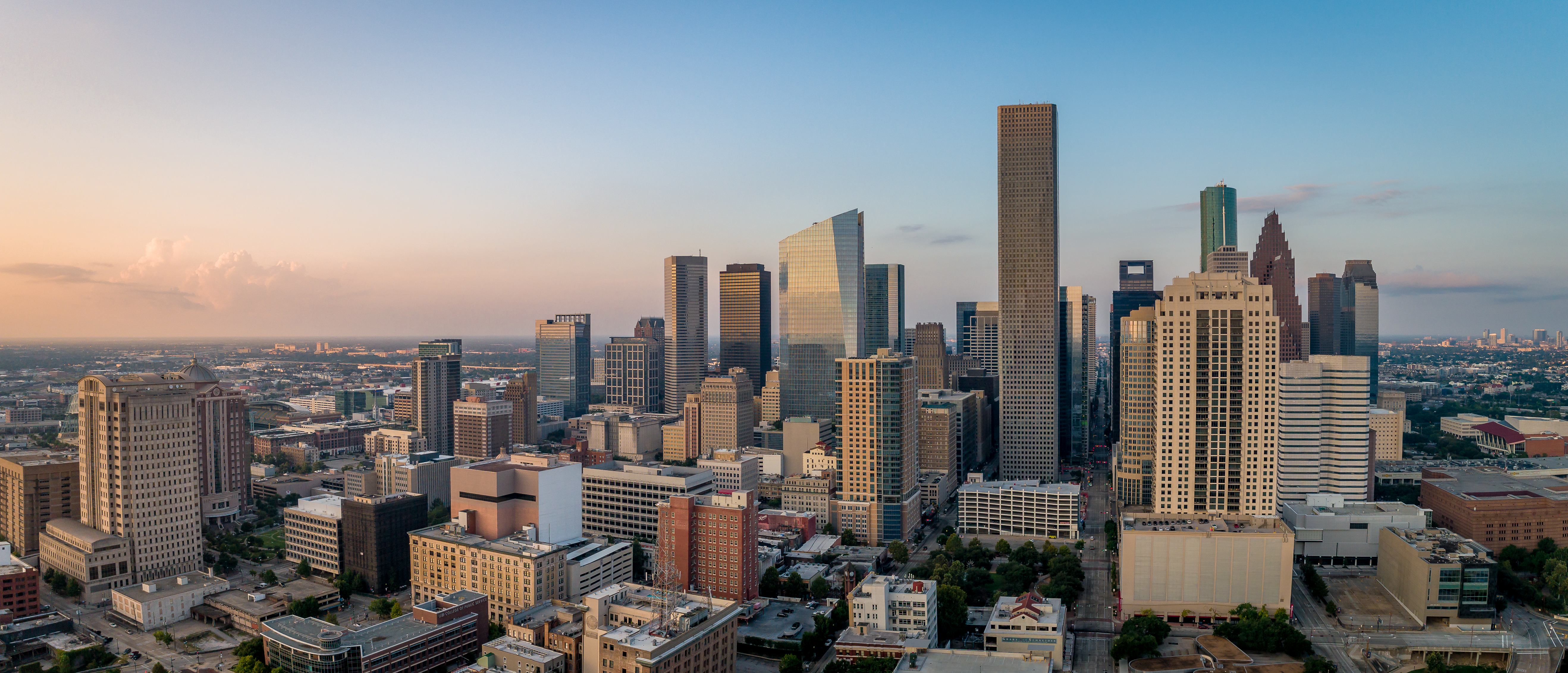Work Begins on Massive TMC3 Project
Published Aug 31, 2021 by A.J. Mistretta
Work has begun on TMC3, the much-anticipated life sciences research and commercialization campus that backers believe will become a robust global nexus for that work in the years to come.
The Texas Medical Center announced on August 31 that construction has begun on phase one of the 37-acre project, which is backed by $1.8 billion in secured financing. The full TMC3 master plan, set to materialize over several years, spans more than 6 million square feet of development. Officials say TMC3 will result in 42,000 new jobs and an annual economic impact of $5.4 billion.
Phase one will include 950,000 square feet dedicated to translational research anchored by Boston-based Beacon Capital Partners and its strategic partner Braidwell, a life sciences-focused investment firm. The first phase will also include a 500+ room hotel with more than 650,000 square feet of conference space, a 350-unit residential tower, parking and nearly 19 acres of public space including parks.
“With more than 100,000 employees, vast intellectual capital and a long-standing patient focus, our capacity for innovation is second to none,” said William McKeon, President & CEO of TMC. “The collective power of TMC’s hospitals and academic institutions has accelerated the pace of scientific discovery for years. TMC3 extends our collaboration to Fortune 100 life sciences companies and entrepreneurial ventures. The impact on patients worldwide has the potential to be nothing short of life-changing.”
TMC3 was designed by Boston-based Elkus Mafredi Architects, which has designed several of Massachusetts’ major life sciences complexes. According to a release from TMC: “The plan emphasizes creative collisions between people, institutions, and ideas, bolstered by a state-of-the-art infrastructure that will support a mix of healthcare, life science and business users. In addition, purposeful, growth focused capital investments will foster an ever-expanding network of business partners, from entrepreneurial ventures to Fortune 100 companies.”
TMC3's founding institutions — the TMC, Baylor College of Medicine, Texas A&M University Health Science Center, the University of Texas Health Science Center at Houston and the University of Texas M.D. Anderson Cancer Center — will each have their own dedicated facilities on the campus when its complete.
Learn more about TMC3 and life sciences in Houston.
 The Houston Report
The Houston Report



















